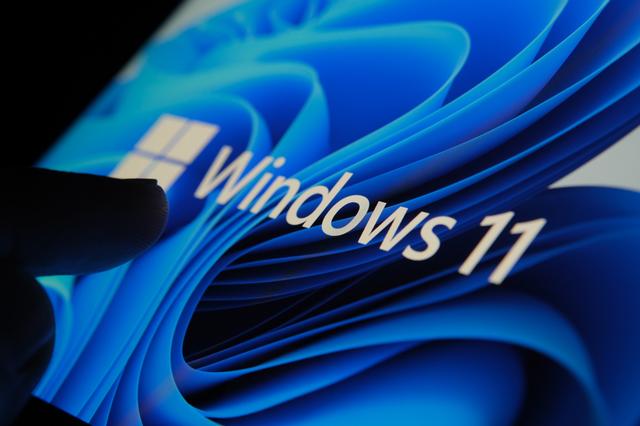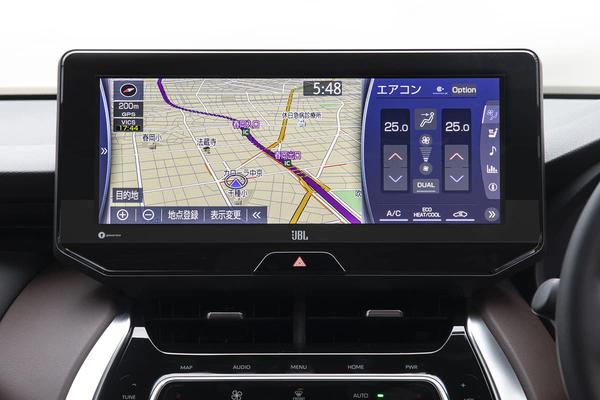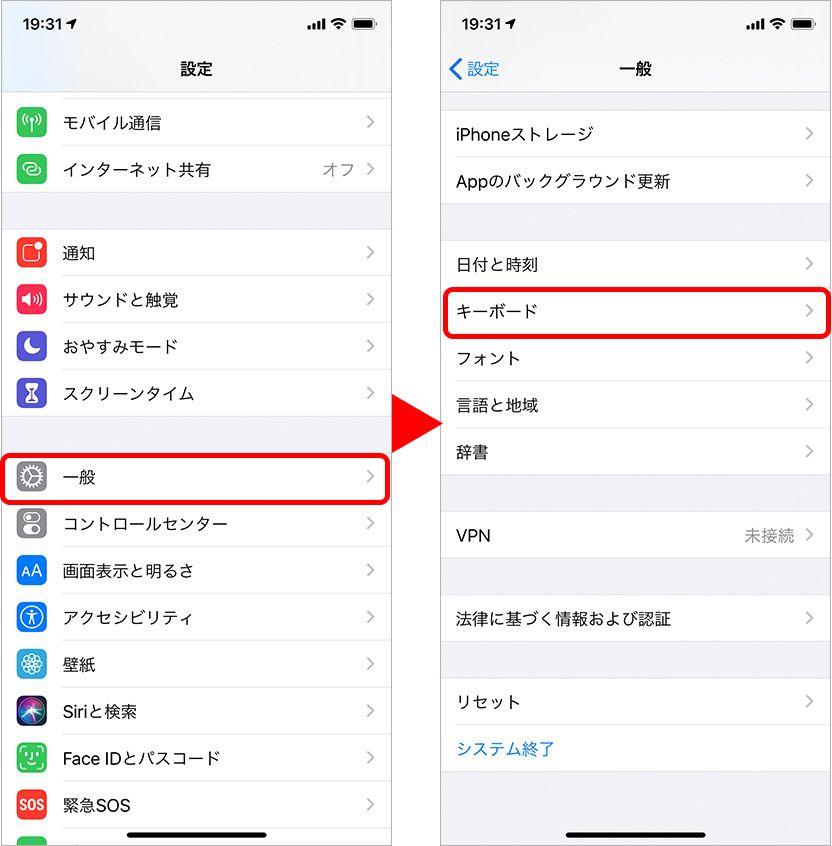Why did China, which should have been a "country without technology" even with economic growth, become a DX powerhouse?
Hong Kong Digital Art Event Tyrone Siu-REUTERS

"Industrial promotion (industrial upgrade)" "Business solution plan (industry-specific solution)" ──This is the word you see most often when you go to IT exhibitions in China for the past few years. It has come to be widely used as a term for DX (digital transformation) in Japan. [Image] Inside a robot sex shop in Shenzhen It is now widely known that China is a global digital powerhouse. Mobile payments, known as innovations originating in China, are finally becoming widespread in Japan, but China's EC (electronic commerce) has the highest penetration rate and transaction value in the world. The voice social media "Clubhouse", which has become a worldwide boom, is actually an app that uses ideas and technologies originating in China. With the development of digitalization, global companies are also born. In the global market capitalization ranking, after GAFAM (Google, Amazon, Facebook, Apple, Microsoft) US, EC Alibaba Group and game message app Tencent occupy the top position. ByteDance, which has the popular video app "TikTok" in Japan, boasts the world's top valuation among unicorn companies (unlisted companies with a valuation of over $ 1 billion). ■ The situation changed completely with 4G and smartphones in the 2010s It was from the 2010s that the view of China, which is "a developing country with growing economic power but still lacking technology," changed completely. Riding on the wave of mobile internet that began with the spread of 4G communication and smartphones, Chinese companies have created remarkable innovations one after another. And as the next battlefield, DX became strongly conscious. There is a technical background to this shift. 4G communication was mainly used for smartphones, and brought about a society where humans can always connect to the high-speed Internet. And the 5G communication that is about to begin will bring about the era of full-scale IoT (Internet of Things). A huge number of cameras, sensors and electronic devices connect to the Internet and generate detailed data in real time. By integrating and analyzing such data, we will create new value and rewrite existing businesses and industries. We are pushing into this future map. Let me give you some concrete examples. Huawei, a major telecommunications equipment and terminal company, has launched a smart mining solution. The biggest selling point is the remote control of heavy equipment and trucks by 5G communication, which can reduce the number of people working in dangerous sites.
Next page: Long-distance truck version of Uber Last updated: Newsweek Japan version














